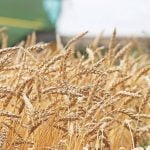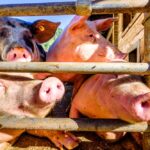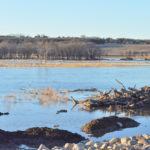Brussels | Reuters — Farmers should get European Union funding to reduce methane emissions from livestock or increase organic farmland, the European Commission said on Thursday, under plans to make agriculture greener. The EU is nearing the end of a two-year battle to overhaul its massive farming subsidies scheme, to attempt to align the agriculture









